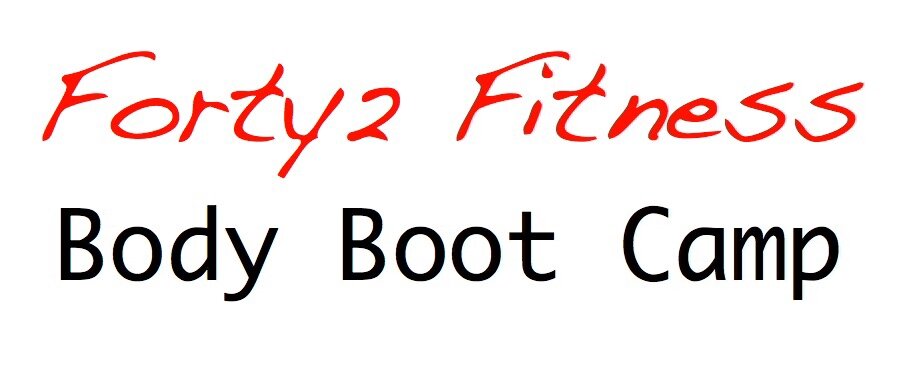What is Supercompensation?
Basically it’s the body’s response to physical stress. Exercise actually ‘breaks’ you a little bit but then, given a suitable recovery, you build back stronger. This is what happens so that you get fitter with regular exercise. Physical activity is one of the 6 Pillars of Lifestyle Medicine. It’s a way of avoiding chronic disease, reducing illness and inceasing wellness.
As you can see in the picture below you start off on the baseline, exercise breaks you down a little bit then you recover, (Supercompensate), and go just above the original baseline to give you a new level. Exercise again at the optimum time, you break down a little again, recover and super compensate again raising the baseline yet again. Keep doing this and you will start to feel fitter and stronger.
BUT you need to recover!
If you don’t allow sufficient time (or recover with good nutrition and rest/sleep) you might fail to supercompensate leading to fatigue and a lowering of the baseline fitness level. This is overtraining. Now there is a sweet spot and it will be different for different individuals and different training plans. The higher the intensity, the longer the recovery but also age/gender/other stresses will determine what is right for you. If you are a lady going through peri-menopause/menopause then that will also play a role in your recovery and you might find you now need longer between hard exercise sessions. This can also manifest in little niggles raising their head and taking longer to resolve. So listen to what your body is telling you and build in more recovery workouts than HIIT sessions if necessary.
Too Much Recovery
As I said above, you need to find the sweet spot. Don’t use this as an excuse to take an extra rest day/turn the alarm off! If you wait too long after your last training session you will start coming out of the Supercompensation phase and enter the Detraining phase where all those gains start to ebb away.
Exercise and Covid
For most people, exercising after having covid is part of the recovery process and as long as it is done slowly and carefully is absolutely fine. In the first 2 -3 weeks after starting to feel better, exercise but don’t push yourself. Do slightly less than you think you can do, see how you feel in the next 24-48 hours and then if you feel ok, do a little more next time. BUT if you feel more tired than you would expect or even wiped out then you should rest a bit more and do a little less until your body responds positively again.
Time taken now to properly recover will pay dividends in the long term.
It is by no means proven but there is some evidence to suggest that Long Covid can be associated with too much exercise too soon and people who are used to pushing themselves trying to get back to peak fitness as soon as possible. Be easy on yourself!




